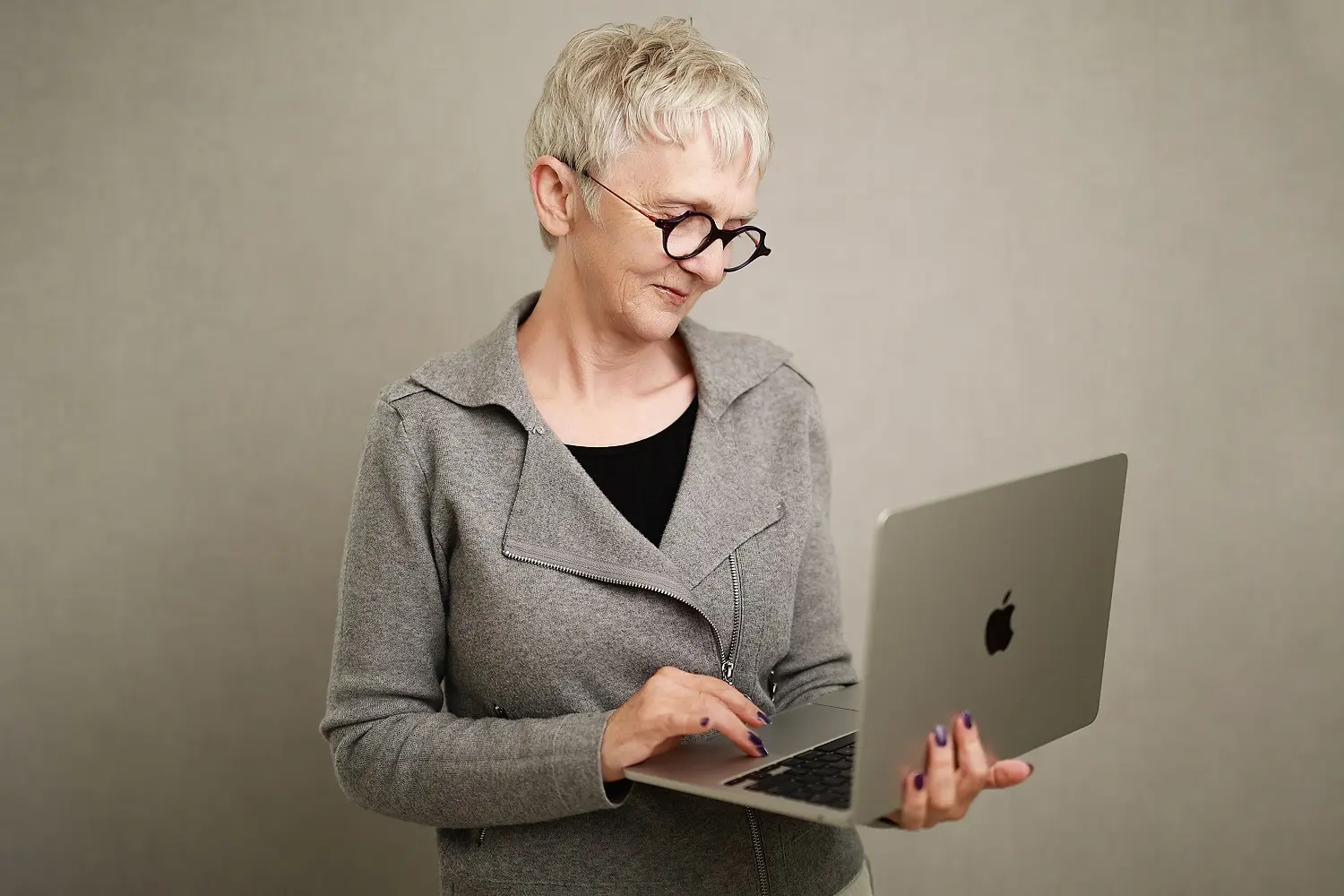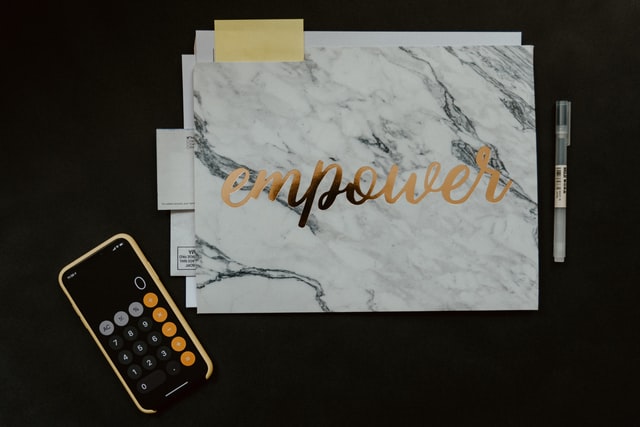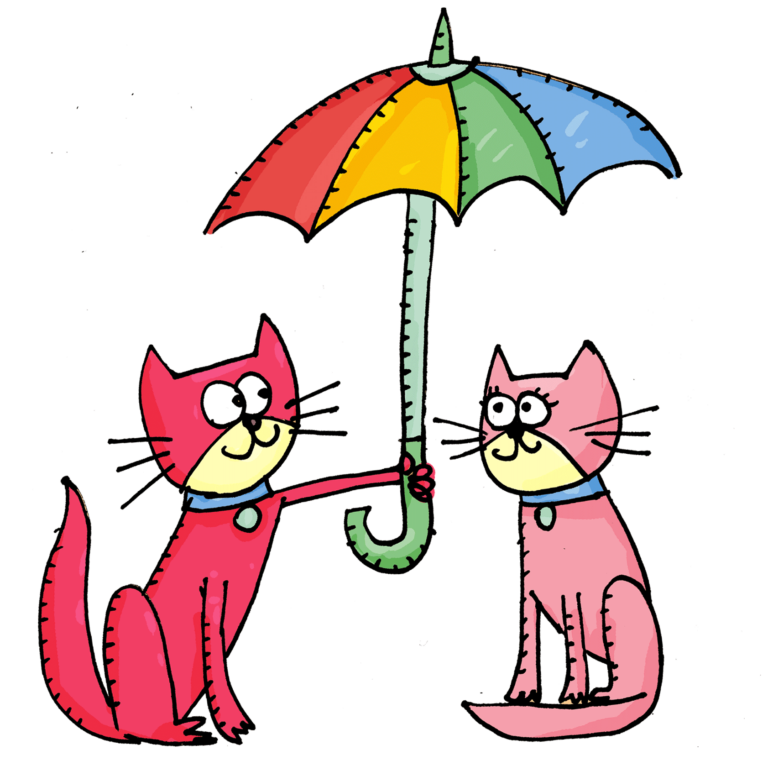and why do we fear it?

There is a lot of talk about ’empowerment’ these days, mostly in the context of personal empowerment.
I even describe myself as a Personal Empowerment Coach.
What is this word empowerment and what does it mean to empower or to be empowered? And how comfortable are we with our own power or with empowering others?
Empowerment can be viewed as a process of granting another a feeling of being powerful. For me it includes the notion of being encouraged, such that you are encouraged to tune into your own sense of power in your own life. Many of us are actually frightened by our own power and struggle to use it responsibly.
In order to want power, or to be empowered or to accept the gift of empowerment, we somehow need to face the likelihood that we are ‘disempowered’ in some way – by people or by circumstances, and to trust that we can regain our power in that situation. It also raises the spectre of, if we are empowered in relation to another, what happens to the other person? Do we want the other person to be ‘disempowered’? Or what if the other person is further empowered, diminishing our own power. What then? Empowerment is not an easy concept to grasp.
If we accept that yes, we desire to be empowered, the first question we need to ask is what exactly has disempowered us? Did someone ‘take’ our power away, or did we hand it over? Were we ‘overpowered’ in some way, physically or psychic-ly, becoming an unwilling ‘victim’ to a more powerful person, suggestion or organisation?
There are so many ways we can experience being ‘disempowered’ in life. Anywhere we are at the ‘effect’ of others – where we are blaming them for our situation – or complaining about the situation – or justifying our ‘victimhood’ – that leaves us with an experience of no power. Helpless. We hope someone will come to our rescue. Or we fight back! We avoid the opportunity of simply dealing with the situation that exists. Perhaps we think we can’t do or say anything that will make a difference. Perhaps we feel we have tried everything and it occurs hopeless, like the only option now is to lie down or leave – shut up and put up, or go! This is not powerful and guaranteed to leave us upset, miserable and frustrated.
As children, we all saw adults as ‘more powerful’ than we were. They made the rules. They meted out the punishment. They decided what happened. And we were powerless. We were little. We depended on them for our survival. When we tried to assert our ‘power’ perhaps we were punished. Sometimes we just resisted. We stubbornly refused or we ‘gave in’ in defeat – yet vowing to never let that happen again! We pretended to accept the authority, while silently declaring – “when I’m a grown up I will never …. “
Well, we are now grown up. We have to deal with stuff. We are the adults. We can deal with all the grown up stuff. Look at all we have dealt with so far.
Where we get stuck is in viewing other adults from a child’s perspective and believing that ‘they’ have more power than us, forcing us to behave (react) as we did when we were a younger version of ourselves. Let’s face it, some children were bullies and remain bullies as adults. That’s how they got what they wanted. And some children were victims, and still are. Somehow, everyone is still getting what they want – yet neither has any power. Force is not power. And power is not forceful. And being empowered does not result in another bending to your will.
We have all heard the phrase – love is the most powerful force on earth.
Think about that.
Where do you occur for yourself as being most powerful in life? It’s probably where you are happily doing what comes naturally to you and you are getting great results.
Empowerment is not rocket science.
Empowerment is love in action.



